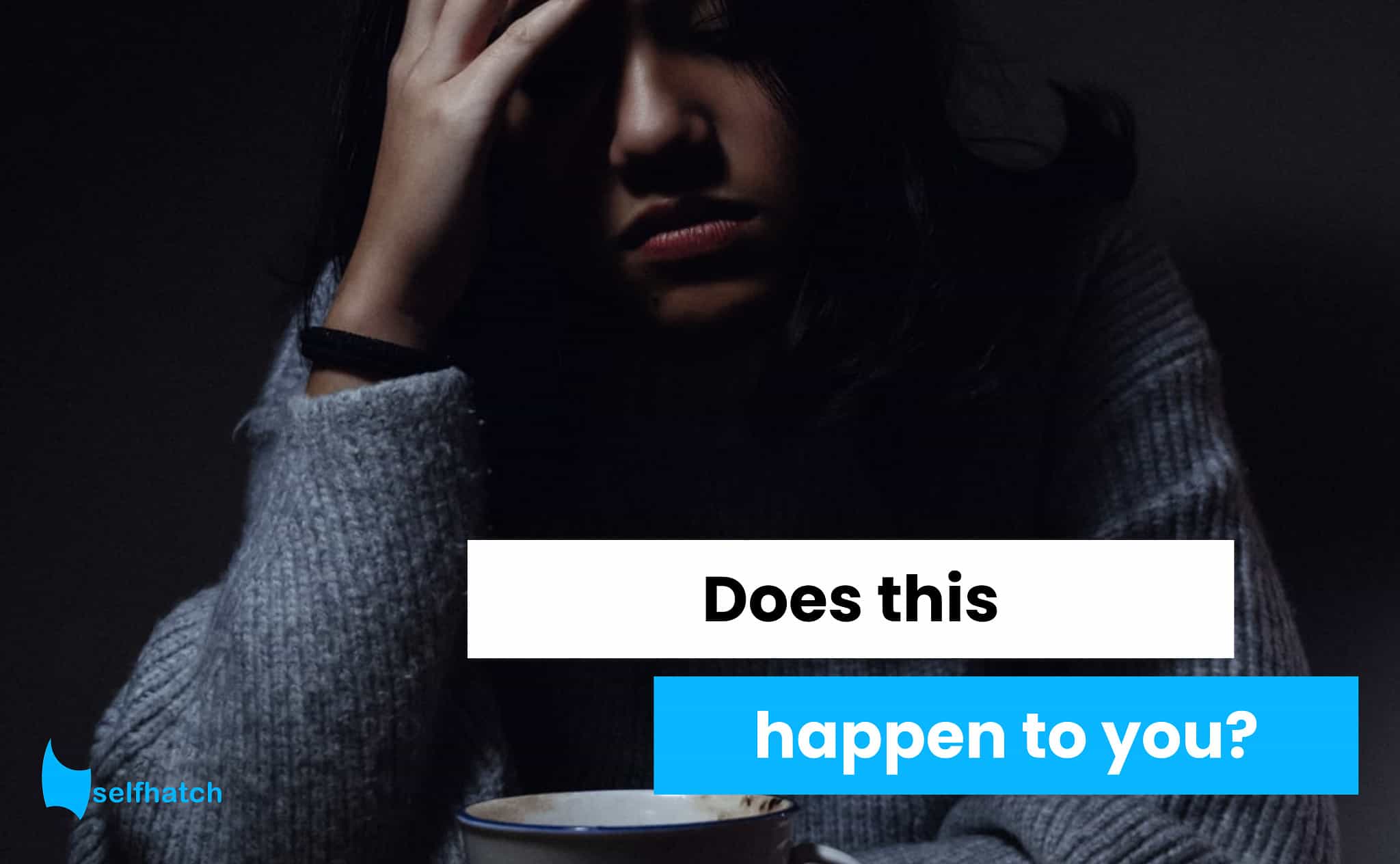
How Menstrual Taboo affects Mental Health
Monthly Birthday. Ladies’ Problem. That Time of the Month. We’ve all heard codenames like these for the natural process of menstruation. In simpler terms, periods. But have you ever wondered why? Why do people nickname this natural phenomenon?
For years, periods have been treated as a social taboo, talked about only in hush voices and in closed rooms. ‘A private matter’, ‘A woman’s affair’, a topic that cannot be discussed openly, and definitely not with people of the opposite sex. This very notion has made it increasingly difficult to properly educate people about menstrual hygiene and menstrual health.
In most communities, a menstruating female is considered ‘dirty’ and ‘impure’, to be kept away from the world, hidden and secluded until ‘clean again’. They are kept away from family functions, forbidden to enter holy places, refrained from cooking; eating with the family, and sometimes even given different utensils to use. While the impact of these redundant and unreasonable restrictions on a menstruator’s physical health is often talked about, their impact on mental health and growth is many times neglected.
The shame and humiliation that people who menstruate are made to feel, continues to be part of them forever. Whether it is from the awkwardness shared when buying pads or tampons, or the constant fear of embarrassment of staining clothes in public, these negative emotions take a toll on their mental health, making them feel under-confident, conscious, and discriminated against. In some places, to avoid uncomfortable situations, young children are taken out of school, hijacking their future and limiting their options, keeping them confined to the four walls of the house. The feeling of being a burden to the family, of not being loved and accepted, of being treated as an outcast, and the constant fear of being ostracised by society, can only degrade the mental stability of a person. All this negative psychological clutter makes it difficult to be stress-free and calm during those seven days of the month, making shame, embarrassment, and fear—permanent guests.
As a growing adolescent who just hit puberty, it is already hard to understand and come to terms with the changes happening within and around you. When a female starts menstruating, the physical pain is coupled with the emotional roller-coaster ride that hormonal imbalance takes you on. From mood swings to cramps, the body goes through a lot. During vulnerable days like these, the person needs reassurance and warm hugs, not harsh rules and shaming glances. As educated people, who have the access to resources, we could help turn the world a teeny tiny bit more human.
Let’s start by consciously calling periods as periods. No codenames, no nicknames. Talk about it more often, not in closed rooms, but in the open. Have healthy and productive discussions with people, debunk myths and reinforce reasonability. Confidently ask questions, buy period products, and never ever shame people who menstruate for bleeding.
Let’s follow these words by Chimamanda Ngozi Adichie, the author of We Should All Be Feminists, and work towards breaking period stigma, towards normalising periods.


